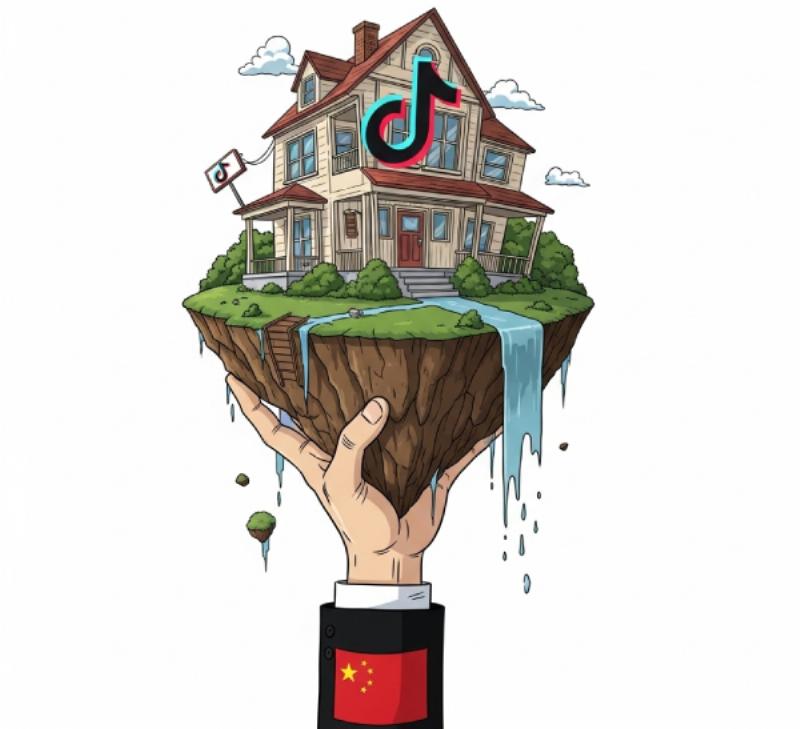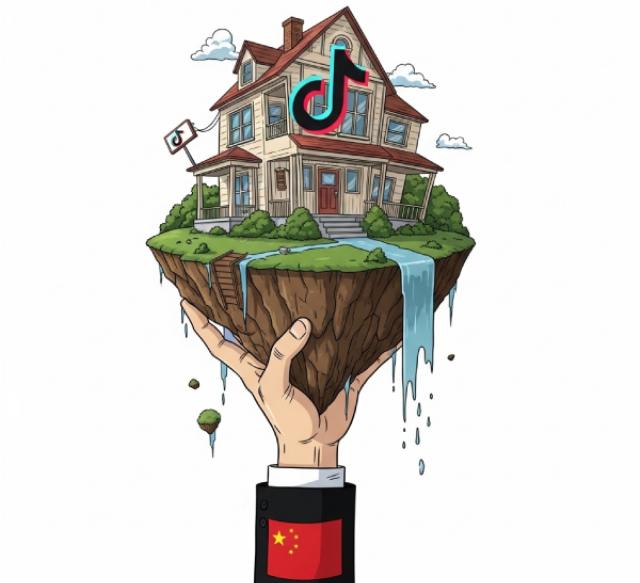


For years, Washington has warned that the Chinese Communist Party (CCP) is not merely a rival government but an active, highly sophisticated influence operation. TikTok sits at the center of that concern.
Owned by ByteDance — a Beijing-based company subject to Chinese national intelligence law — the app could be forced to share Americans' user data or shape content to favor CCP narratives. This is not hypothetical. China’s “Great Firewall” censors its own citizens daily, and Beijing has exported influence campaigns worldwide, from WeChat censorship to covert news site purchases.
That prompted Congress to pass the 2024 law forcing ByteDance to divest or face a ban. National security officials cite the potential for “algorithmic influence” on public opinion. Subtle shifts in what Americans perceive about Taiwan, elections, pandemics, or domestic unrest could impact the debate. As FBI Director Christopher Wray testified in 2023, TikTok gives the CCP “the ability to manipulate content, and if they want to, to use it for influence operations.”
President Donald Trump changed his mind on opposition to the app since retaking office and has repeatedly extended deadlines for TikTok to sell its U.S. operations to an American buyer. He hinted in an interview aired Sunday on Fox News Channel that tech entrepreneur Michael Dell and News Corp. leaders Rupert and Lachlan Murdoch could be among potential investors. The White House said Monday that the algorithm will be operated in the United States, overseen by Oracle.
While the CCP risk is national, the pain of a ban would be personal if the deal falls through. Millions of U.S. creators, especially younger ones, have built businesses, communities, and personal brands on TikTok. They’ve poured years into cultivating audiences and income streams. The specter of losing it overnight has spurred activism, farewell videos, and frantic attempts to migrate to other platforms.
This dilemma is exactly what content strategists Joe Pulizzi and Robert Rose have warned about for a decade on their This Old Marketing podcast. Their mantra — “Don’t build your content house on rented land” — speaks to the risk of relying entirely on platforms you don’t control. In 2015, Pulizzi told his audience, “If they change the rules, you lose everything.”
While the two have softened that stance lately, arguing social platforms can be a growth engine, they still insist creators must own their “core” — websites, mailing lists, or communities they can carry anywhere. (Recent episode here.)
When the “landlord” is a foreign company under CCP sway, the stakes are no longer just about ad revenue, but national security. Creators who ignored the “rented land” warning are learning it isn’t just business smarts, it’s geopolitics.

(Image: Google Gemini for American Thinker)
